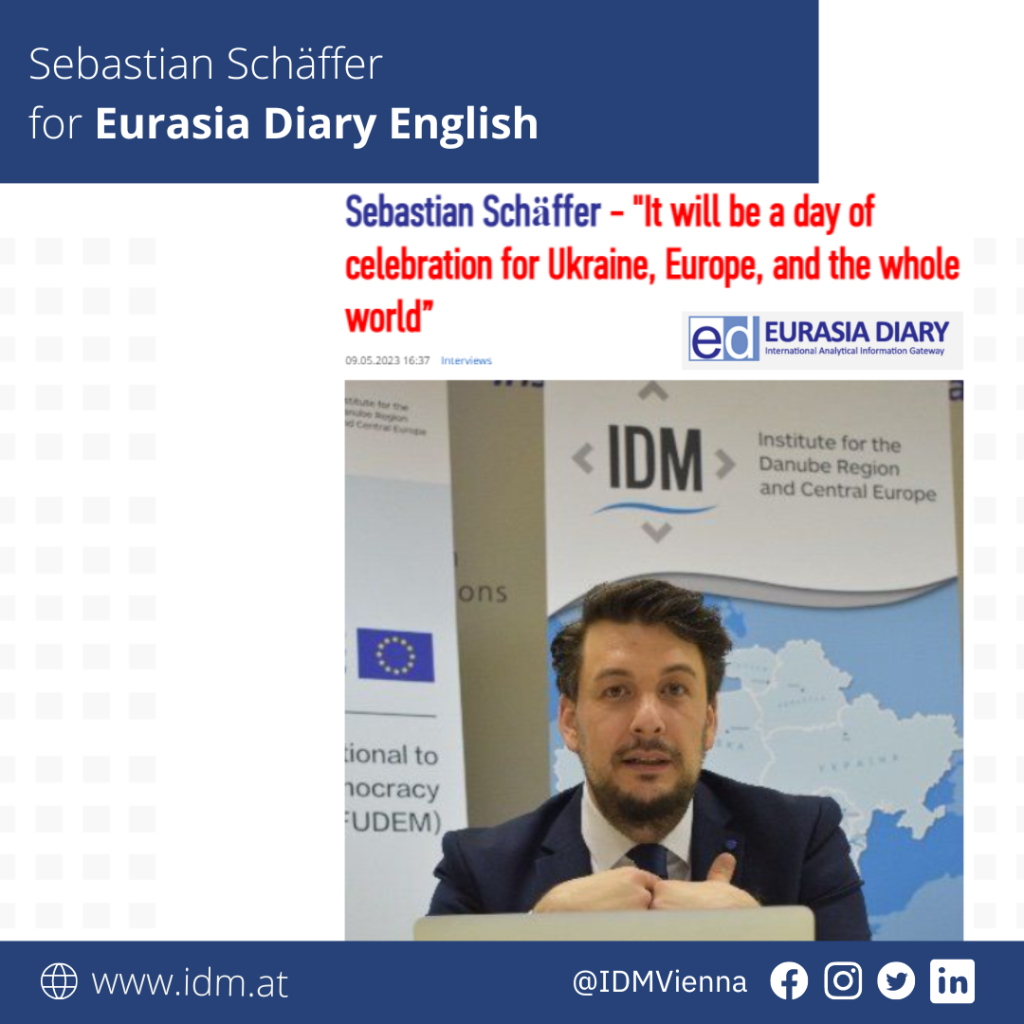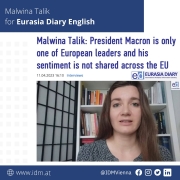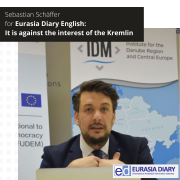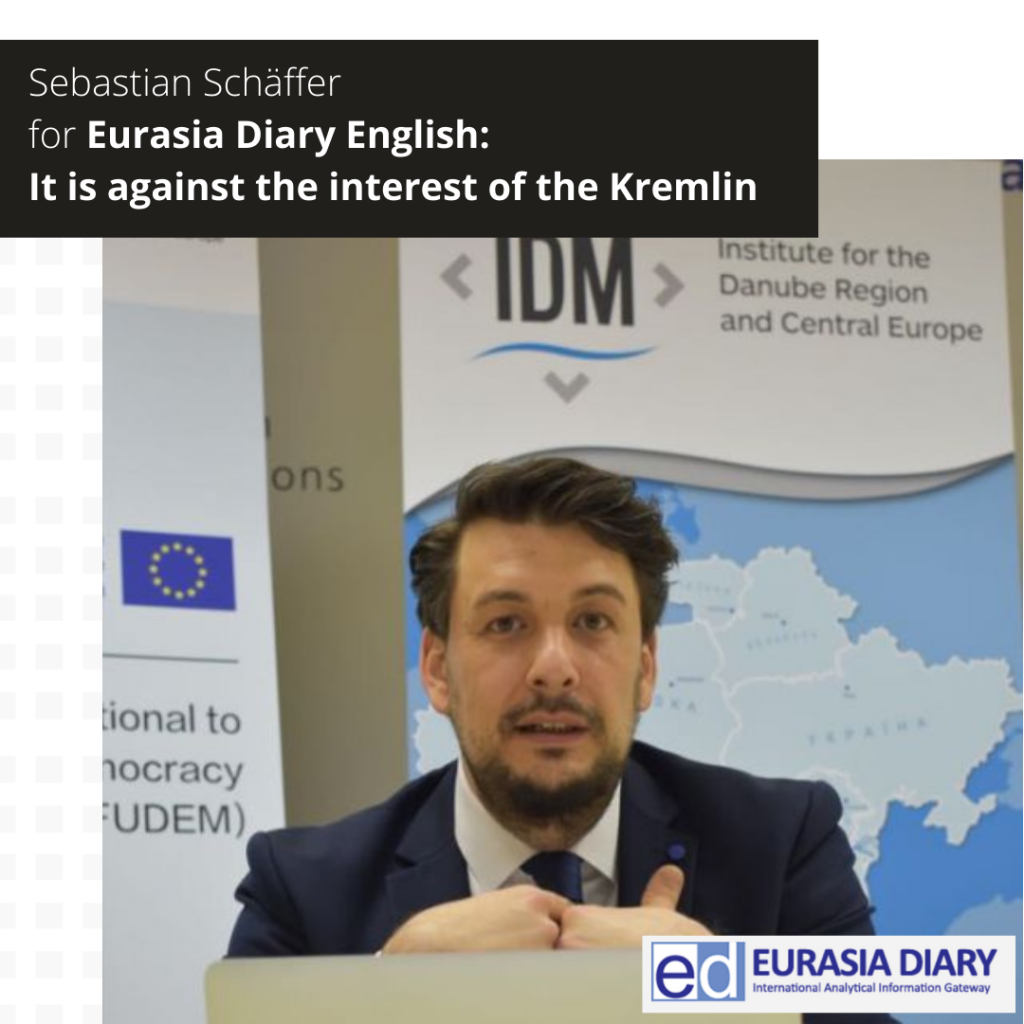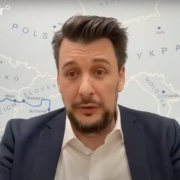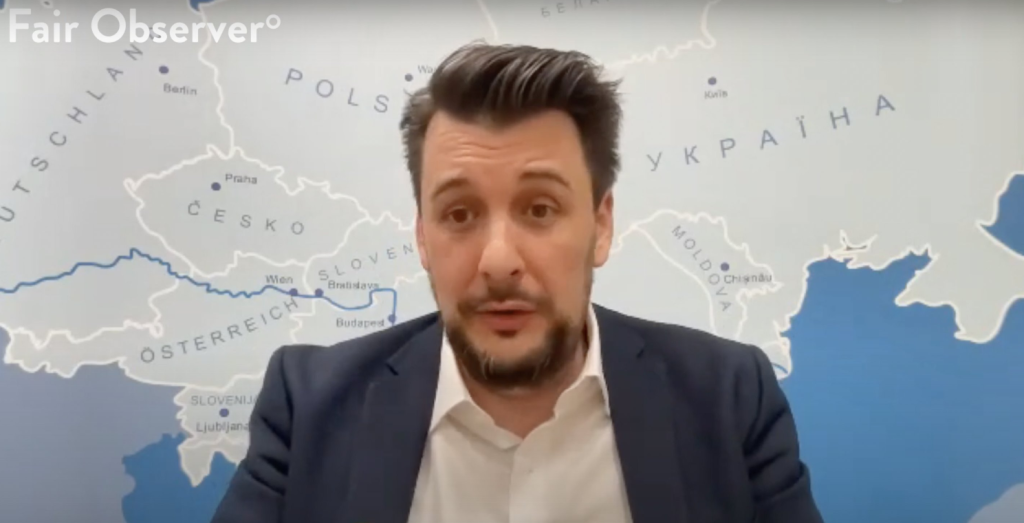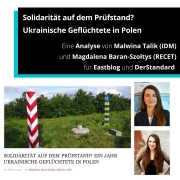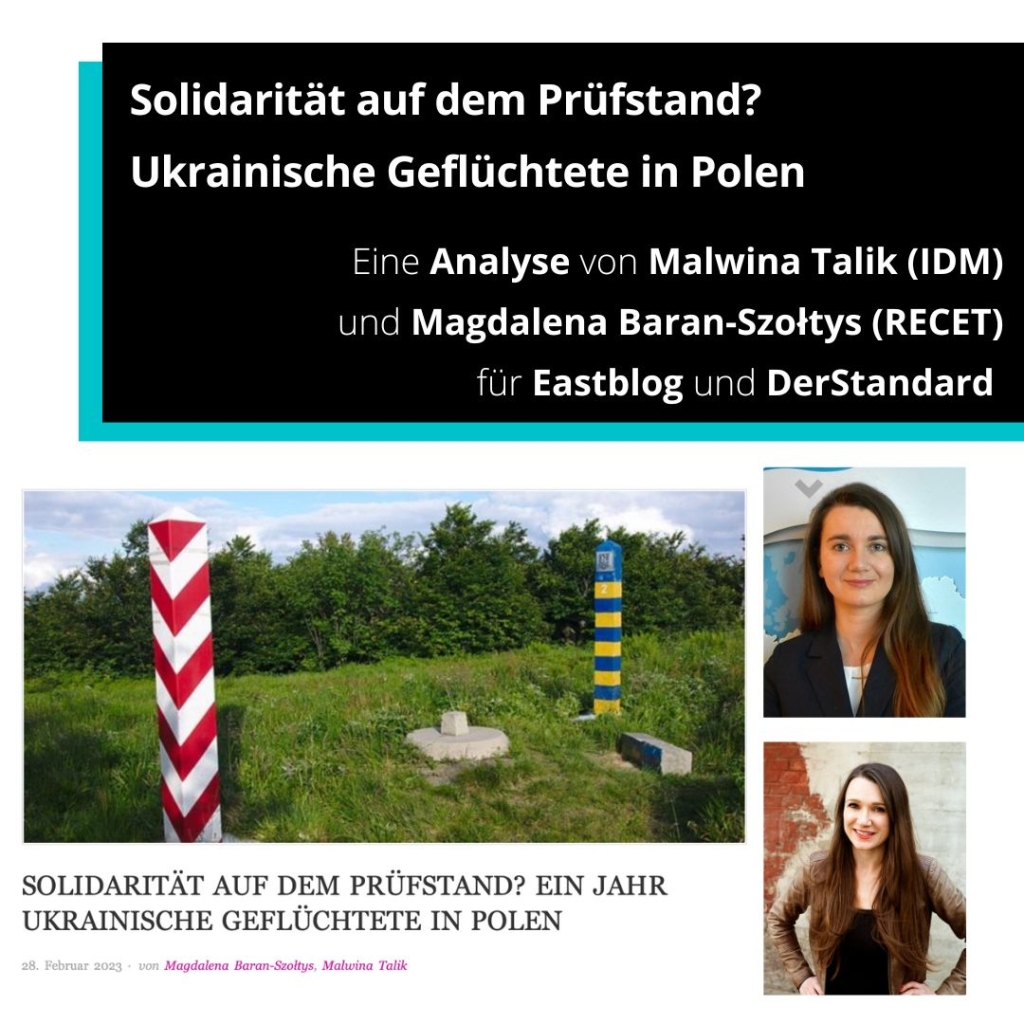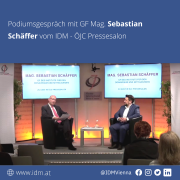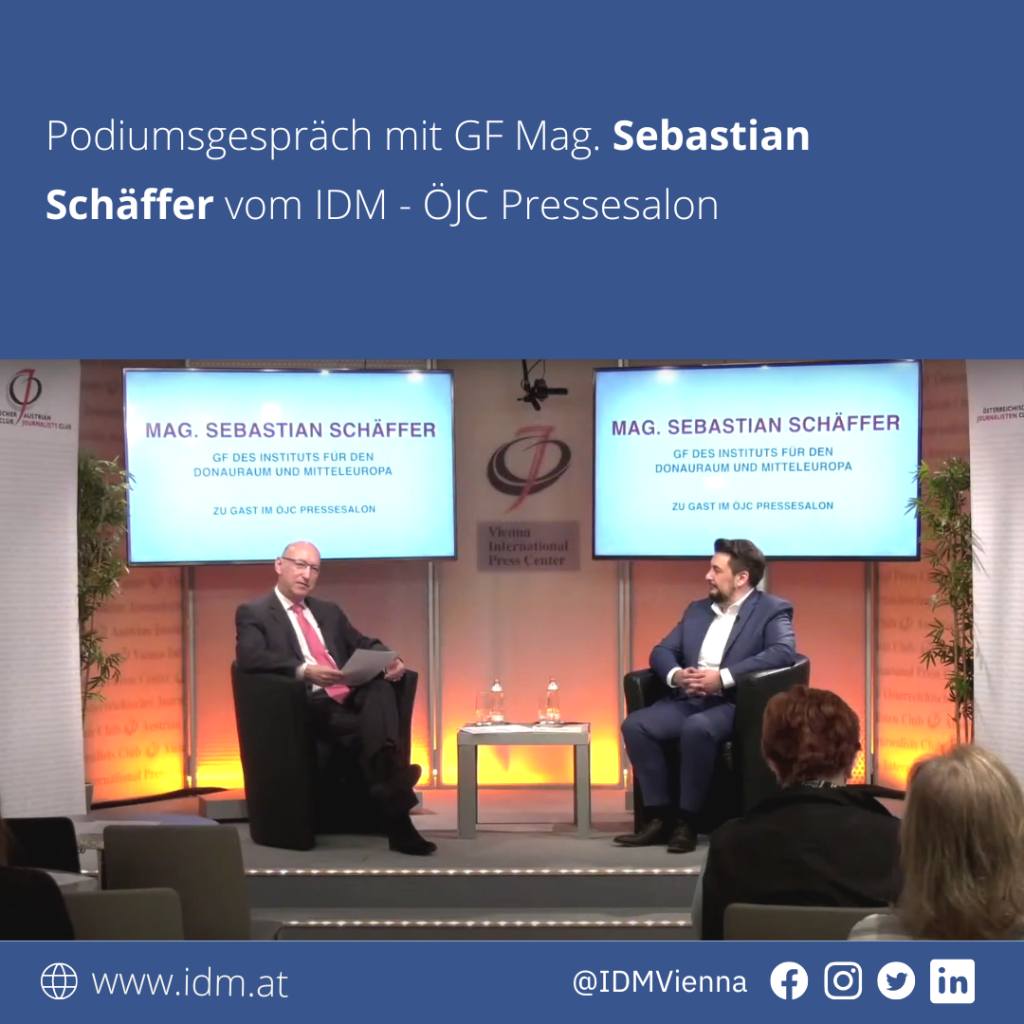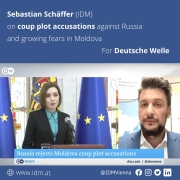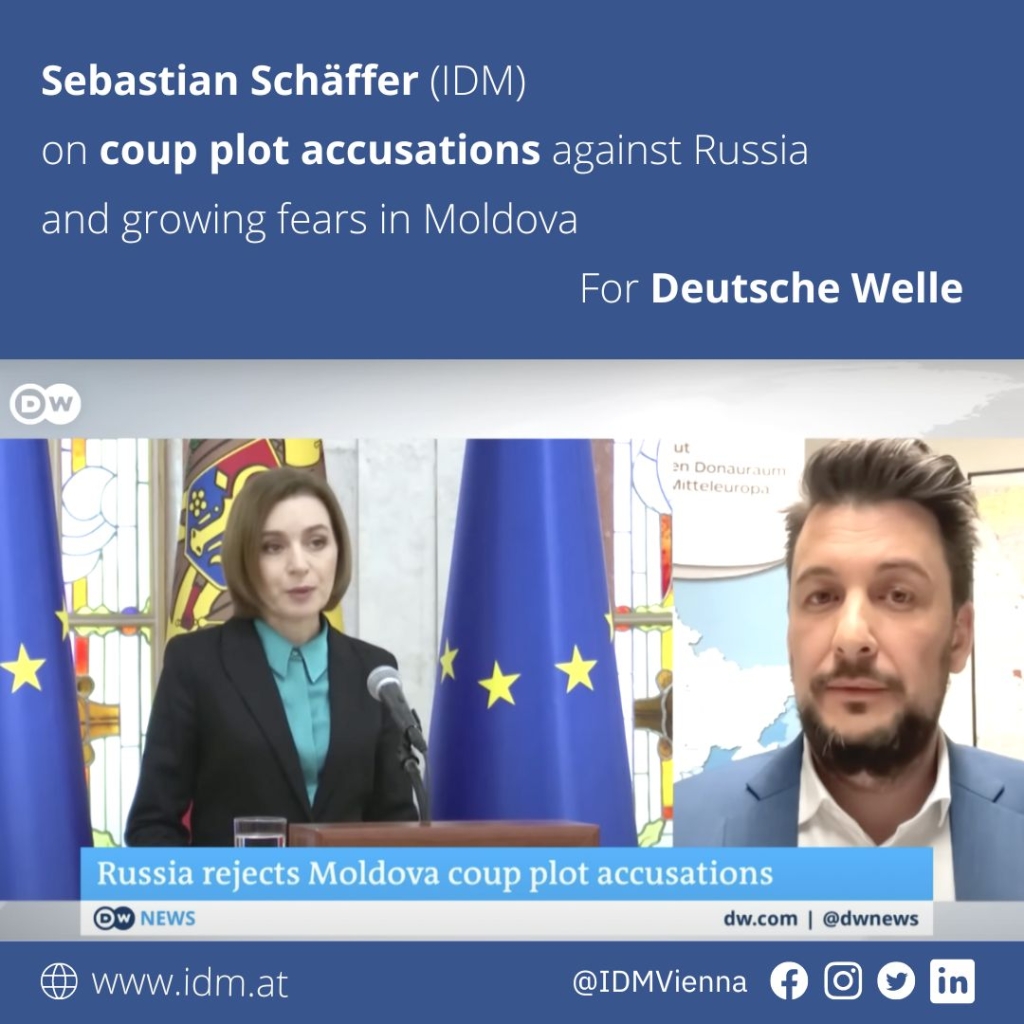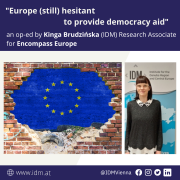Ein Interview mit Daniela Apaydin über Herbert Kickls Träume einer Orbanisierung Österreichs, bei PULS 24
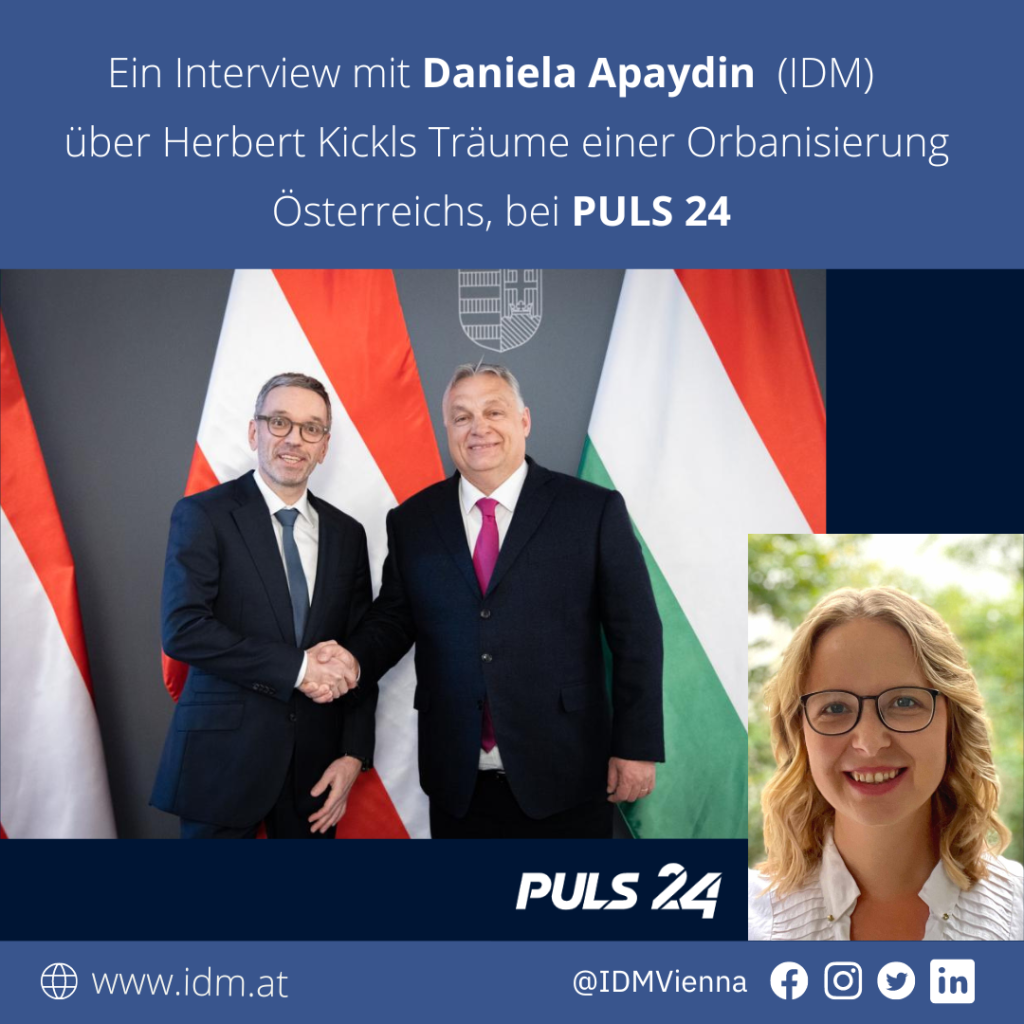
„Was die FPÖ mit ‚Vorbild Orbán meint, haben wir im Ibiza-Video gesehen. Es gehe um die politische Kultur, wie man mit der Opposition umgehe, wie der Parlamentarismus zum „Bühnenstück“ verkommt und darum, wie man mit Dauerwahlkampf Stimmung für sich macht. Ein Vorbild für Populisten also.
Die FPÖ habe mit Orbán zudem ideologische Überschneidungen: Nationalismus, Fremdenfeindlichkeit, Familienpolitik. Es gehe den Blauen bei Auftritten mit Orbán aber auch darum, jede Bühne zu nutzen, sich bei Terminen mit Staatsoberhäuptern zu profilieren und sich als Regierungspartner ins Spiel zu bringen“
sagt Daniela Apaydin.
Das vollständige Interview können Sie hier lesen.



